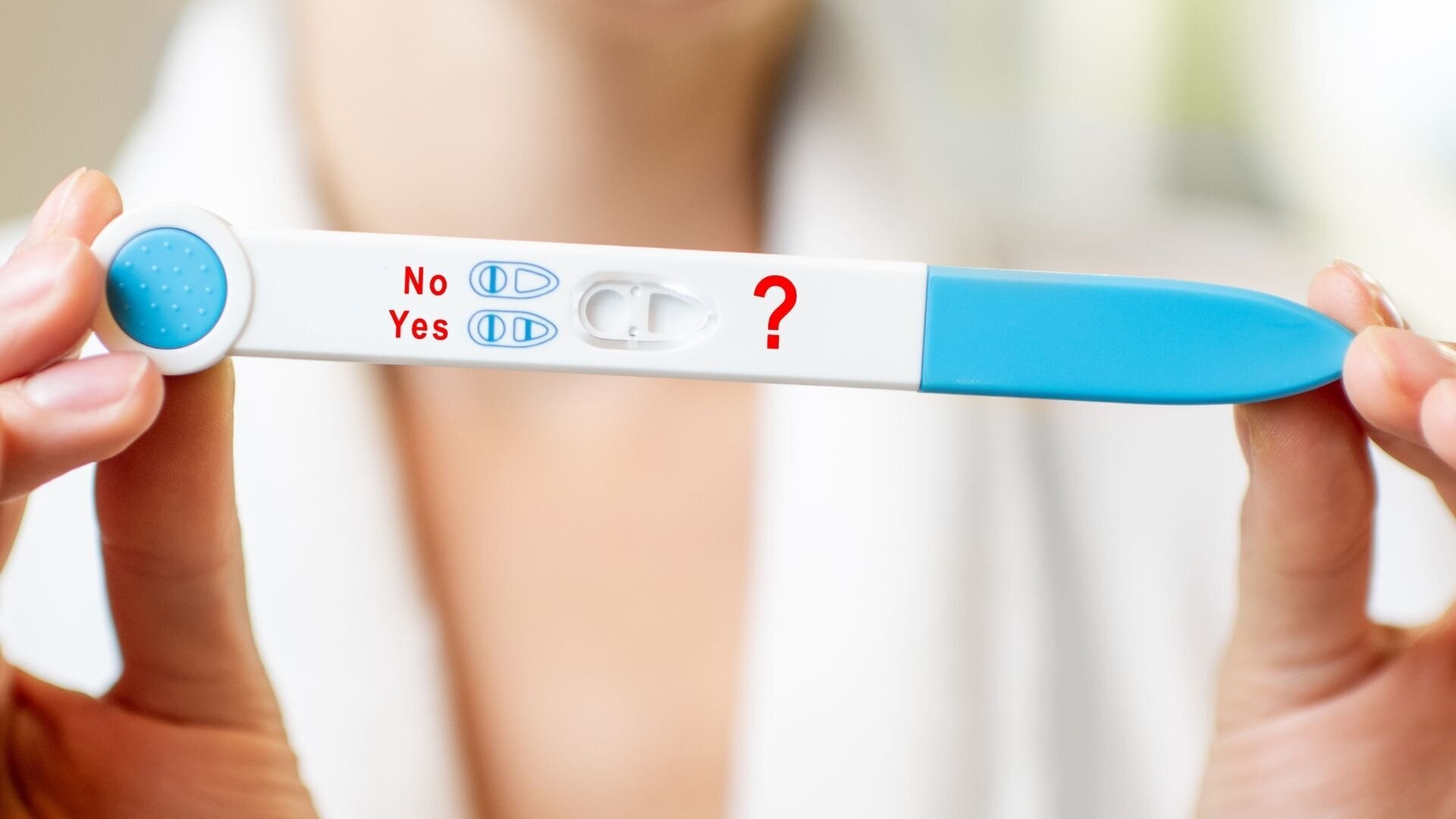What is a Chemical Pregnancy?
Is my body confused?
What’s going on?
You had a positive pregnancy test, but then you got your period a few days later along with a negative test…
It feels very confusing, doesn’t it? A Chemical Pregnancy is a very early pregnancy loss before the 5th week of pregnancy. They are called “Chemical” because they react to a test but are not yet “Clinical” which is a pregnancy that can be seen on ultrasound. Chemical pregnancies are not uncommon… In fact, 30 to 50% of women have had one and many don’t realize it happened. Chemical pregnancies are thought to account for the majority of all pregnancy losses! Though most chemical pregnancies don’t last long enough to have symptoms of pregnancy, you may still have experienced symptoms of pregnancy. This can be so confusing!
Why does this happen?
After the egg is fertilized and in the uterus, the embryo begins to release hormones which causes your urine to test positive. Because pregnancy tests are very sensitive and can detect levels of hCG (human chorionic gonadotropin) in your urine very early in pregnancy, you may receive a positive result when you dip the stick in your urine even a few days before you expect your period. In a Chemical Pregnancy, the embryo doesn’t fully implant in the wall of the uterus and so does not “stick”. Sometimes, it seems that your period is “late”…You would have only known that you were pregnant if you had taken an early pregnancy test. In a normal pregnancy, implantation occurs about 8-10 days after conception. There is a difference between an Implantation bleed and a chemical pregnancy loss. Implantation bleeding is usually quite light, pink to brown in color with stringy mucous, and lasts for a short period of time. Early loss bleeding is often accompanied by cramping and heavier blood loss and may contains small clots.
ovulation to implantation
Clinically, exact reasons are often unknown, some of the reasons that you may have a loss:
mostly unknown reasons - and it’s important for you to know that. You did nothing to cause this.
chromosomal abnormalities
insufficient hormone levels, particularly progesterone
uterine abnormalities
thin lining of the uterus
sperm DNA is not viable
infections such as chlamydia or syphillis
clotting disorders
maternal age over 35
You did not cause this to happen!
It’s really important for you to know that. This is NOT your fault. It’s also important for you to know that you may grieve the “loss” of this pregnancy and that may surprise you. Be gentle with yourself and your partner. Give yourself time to mourn and heal. Emotional support for you and your partner is very important. You will find that there are other families that have experienced this and can relate to many of your feelings. Talking about your experience helps you to heal. If you need to talk to someone, we are always willing to listen at 4TFM.
References:
Annan, J. J., Gudi, A., Bhide, P., Shah, A., & Homburg, R. (2013). Biochemical pregnancy during assisted conception: a little bit pregnant. Journal of clinical medicine research, 5(4), 269–274. https://doi.org/10.4021/jocmr1008w
Lee, H. M. (2017). Etiological evaluation of repeated biochemical pregnancy in infertile couples who have undergone fertilization. Obstet Gynecol Sci, 565–570. https://doi.org/10.5468/ogs.2017.60.6.565
Nall, R. M. (2018, August 3). What to know about a chemical pregnancy. Www.Medicalnewstoday.Com. https://www.medicalnewstoday.com/articles/322678#how-soon-can-a-woman-get-pregnant-again
Prager, S. (2020). Pregnancy loss (miscarriage): Risk factors, etiology, clinical manifestations, and diagnostic evaluation. Uptodate.Com. https://www.uptodate.com/contents/pregnancy-loss-miscarriage-risk-factors-etiology-clinical-manifestations-and-diagnostic-evaluation


